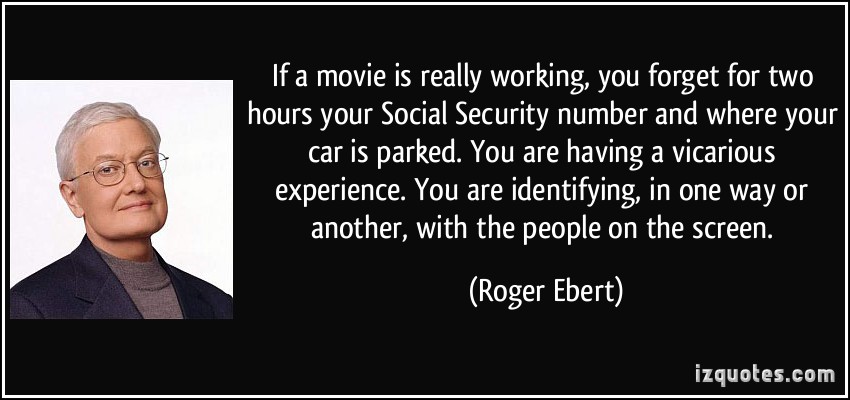Reflection on Essay #3
I really found the final project a challenge to do in the beginning. However, as I was editing and transcribing, I was really happy that in the future, I could look back and see who I was then. Starting this project, I had planned all the people I would interview, the clubs, activities and other programs that I was really passionate about. I think I had problems with finding the time to do some of my interviews because of other responsibilities I had. The interview with my mentor was really important to me but finding the time to travel there after my classes was the hardest. However, I finally made it there after thanksgiving. I filmed some of the robotics projects we did. I also interviewed some of my former teammates. I had to edit them out because, in the end I realized I had too many interviews. All the interviews were important to telling my story, but some of them portrayed more of what I who I was respects to my career decision. In choosing what different media to use, I definitely taught of the newspapers and magazines that I had been published in as a great way to tell others where my career began.

Two weeks before the project was due, I noticed there were two important people who I had to interview who were not there, my dad and one of my best friend. I planned to tell the story from my parents view of how I had changed but in the end I had to use others to tell my story. I think I will definitely do a future project like this probably next semester to see how I'm doing. For my best friend, she had moved back abroad, so I used her voice in my video to tell my story. I guess the reason why she was important to my story was because she's seen me at my best and worst academically. Her words about me will mean a lot in the future. I did not write a script or even plan to do a voice over. Every part of my video was a one take shot. Whatever everyone said and did was a one take thing, especially for my interview. I wanted my story to be real and a true reflection of how I really felt not rehearsed. I had great help from my friend who helped me in choosing what questions to ask . I think the hardest part was editing my video, I did not realize the software I was using was more complex than it looked. Triming clips and transitioning were the easiest to do. However, when I had to sync the voices and put the background music, the software crashed and I had to do most of my work again (the extension really helped). In the end, being behind the camera (used a dslr camera for most of the interviews) was really exciting and fun. I was the director of my story and I loved it! I learned a lot about who I am, where I need improvement as person and in my career goals. I think in the end, I hope my the video and will tell others of who I was in my first semester and a little before that.
 Since the documentary was looking at the lives of kids from different classes, Ebert concludes an obvious truth, "
Since the documentary was looking at the lives of kids from different classes, Ebert concludes an obvious truth, "